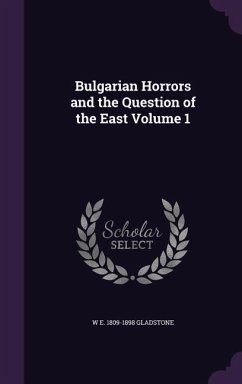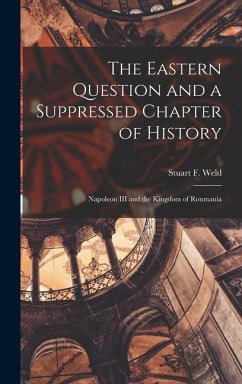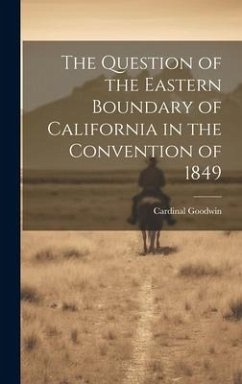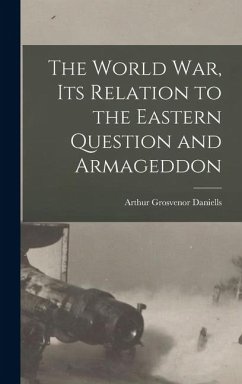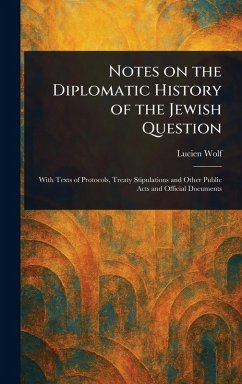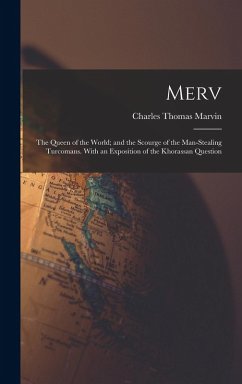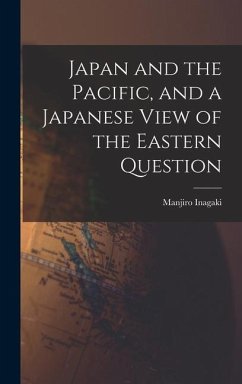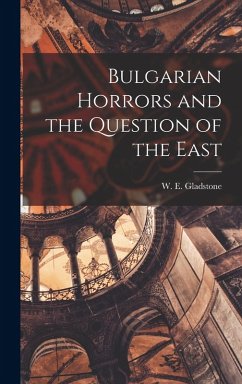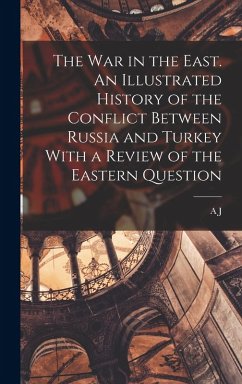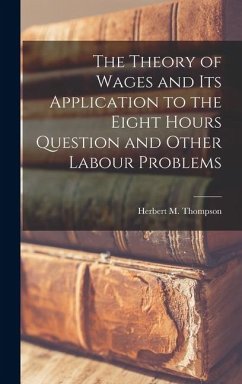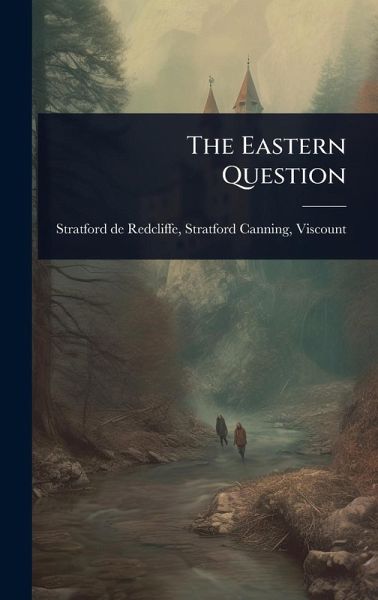
The Eastern Question
Versandkostenfrei!
Versandfertig in über 4 Wochen
31,99 €
inkl. MwSt.

PAYBACK Punkte
16 °P sammeln!
The Eastern Question, written by Stratford Canning, Viscount Stratford de Redcliffe, delves into the intricate political and diplomatic issues surrounding the decline of the Ottoman Empire during the 19th century. This historical work provides valuable insights into the complex relationships between European powers and the Ottoman state, examining the competing interests and interventions that shaped the region's destiny. Stratford Canning, a prominent diplomat, offers a firsthand perspective on the events and negotiations that defined the Eastern Question. His analysis sheds light on the stra...
The Eastern Question, written by Stratford Canning, Viscount Stratford de Redcliffe, delves into the intricate political and diplomatic issues surrounding the decline of the Ottoman Empire during the 19th century. This historical work provides valuable insights into the complex relationships between European powers and the Ottoman state, examining the competing interests and interventions that shaped the region's destiny. Stratford Canning, a prominent diplomat, offers a firsthand perspective on the events and negotiations that defined the Eastern Question. His analysis sheds light on the strategic importance of the Ottoman territories and the various strategies employed by European nations to maintain their influence. This book remains an essential resource for understanding the historical context of modern-day geopolitical dynamics in the region. This work has been selected by scholars as being culturally important, and is part of the knowledge base of civilization as we know it. This work was reproduced from the original artifact, and remains as true to the original work as possible. Therefore, you will see the original copyright references, library stamps (as most of these works have been housed in our most important libraries around the world), and other notations in the work. This work is in the public domain in the United States of America, and possibly other nations. Within the United States, you may freely copy and distribute this work, as no entity (individual or corporate) has a copyright on the body of the work. As a reproduction of a historical artifact, this work may contain missing or blurred pages, poor pictures, errant marks, etc. Scholars believe, and we concur, that this work is important enough to be preserved, reproduced, and made generally available to the public. We appreciate your support of the preservation process, and thank you for being an important part of keeping this knowledge alive and relevant.



